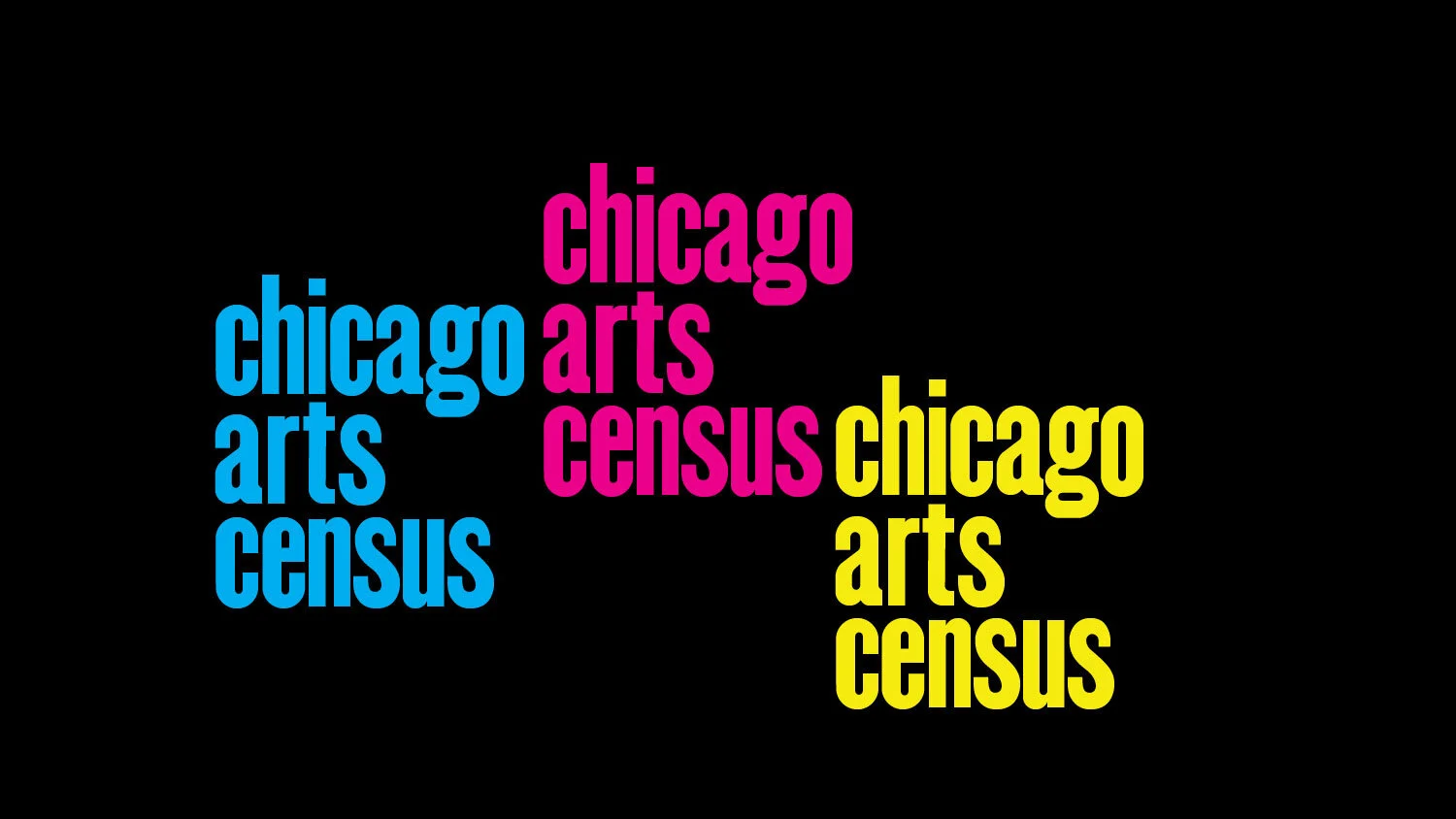Building Back Better
Making his 2nd Story debut, Jae Rice performs a world premiere story at The Promontory on June 24, 2022, as part of 2nd Story's annual Queer Joy Show. Photo credit: Juli Del Prete
How one performing arts group is making the most of COVID-19 recovery to come back stronger, fairer, and more powerful than before
The COVID-19 pandemic wreaked havoc on nearly every aspect of modern American life. Far more than just a healthcare crisis, it turned norms upside down for how people go to work, send their children to school, and gather with friends and loved ones. As the crisis wore on, it also brought other tensions to the surface, such as the ongoing perils of systemic racism, gun violence, abuse of worker rights, and more.
Now, as the world grapples with what sustainable recovery looks like, many community leaders wonder: how can we leverage this moment as an opportunity to do better?
At 2nd Story, a Chicago performance arts and event group, the answer came down to three goals: 1) commit to paying artists and crew members more equitably; 2) broaden the artists and perspectives the group represents to tell more diverse stories; and 3) deepen meaningful community partnerships.
Paying artists more equitably
“At 2nd Story, meeting this moment means actively addressing inequity—many artists are not paid a living wage for their work,” said Lauren Sivak, 2nd Story’s managing director. “By paying artists better, we can increase the ability of individuals to say “yes” to artistic opportunities.”
2nd Story has paid all its artists small stipends for over a decade, and in August 2020, the organization announced the Leap To 15, a board-supported commitment to pay equity. With support from Walder Foundation, by August 2021, that commitment became reality, and all artists employed by 2nd Story were able to earn stipends based on a $15/hour rate. As a next step, the organization aims to continue to leverage the Foundation’s support to build a financial model that moves them toward increasing that base rate to $25/hour.
“Even as we have implemented the Leap to 15, we have continued to reflect on and adjust our understanding of pay equity, of what we believe our minimum standards should be,” said Artistic Director Amanda Delheimer.
Broadening perspectives, expanding hearts and minds
In addition to committing to paying fairer wages, 2nd Story has also utilized support from Walder Foundation to grow their Point of View (POV) project, a series of performances that bring in diverse artists from marginalized and historically excluded groups to tell stories from their perspectives.
“We at 2nd Story believe that ‘stories are the thing.’ That stories are what connect us to each other, that they open us up to the possibility of change. That stories help us get inside and underneath experiences that are not our own, that they help us build empathy,” said Amanda Delheimer, 2nd Story Artistic Director.
Last season, POV shows included: Sankofa, Reach Back & Get It: The Black Joy Show, which was completely led, produced and performed by Black artists; The Journey Within: Stories for Our Mental Health, created and performed by people affected by mental health issues; and Everything, Everywhere: The Queer Joy Show, featuring LGBTQIA+ artists and stories during June Pride Month.
“During these times where our personal and collective racial traumas are more visible, it has felt important to share our stories of community care, radical healing, and radical hope,” said company member Shepsara Satimu, who curated The Black Joy show. “Our story sessions have been opportunities for holding space for deep listening, compassion, laughter, and re-authoring. Taking our stories to the mainstage has been a celebration and affirmation of the complexities of our lived experiences, and the privilege to tell our own version of these happenings.”
Deepening partnerships
In order to truly empower people from marginalized communities to tell their own stories, the leaders at 2nd Story believe that developing deep, authentic, mutually beneficial partnerships is key. As the team plans future shows featuring first responders, people who have been affected by gun violence, people who have experienced homelessness, and others, they are exploring what community partnerships they can tap to make these shows possible.
“The support from Walder Foundation has really allowed us to dream big and explore new possibilities as we think about what’s next,” said Delheimer.
Get more stories like this delivered to your inbox.
Sign up with your email address to receive news and updates.











